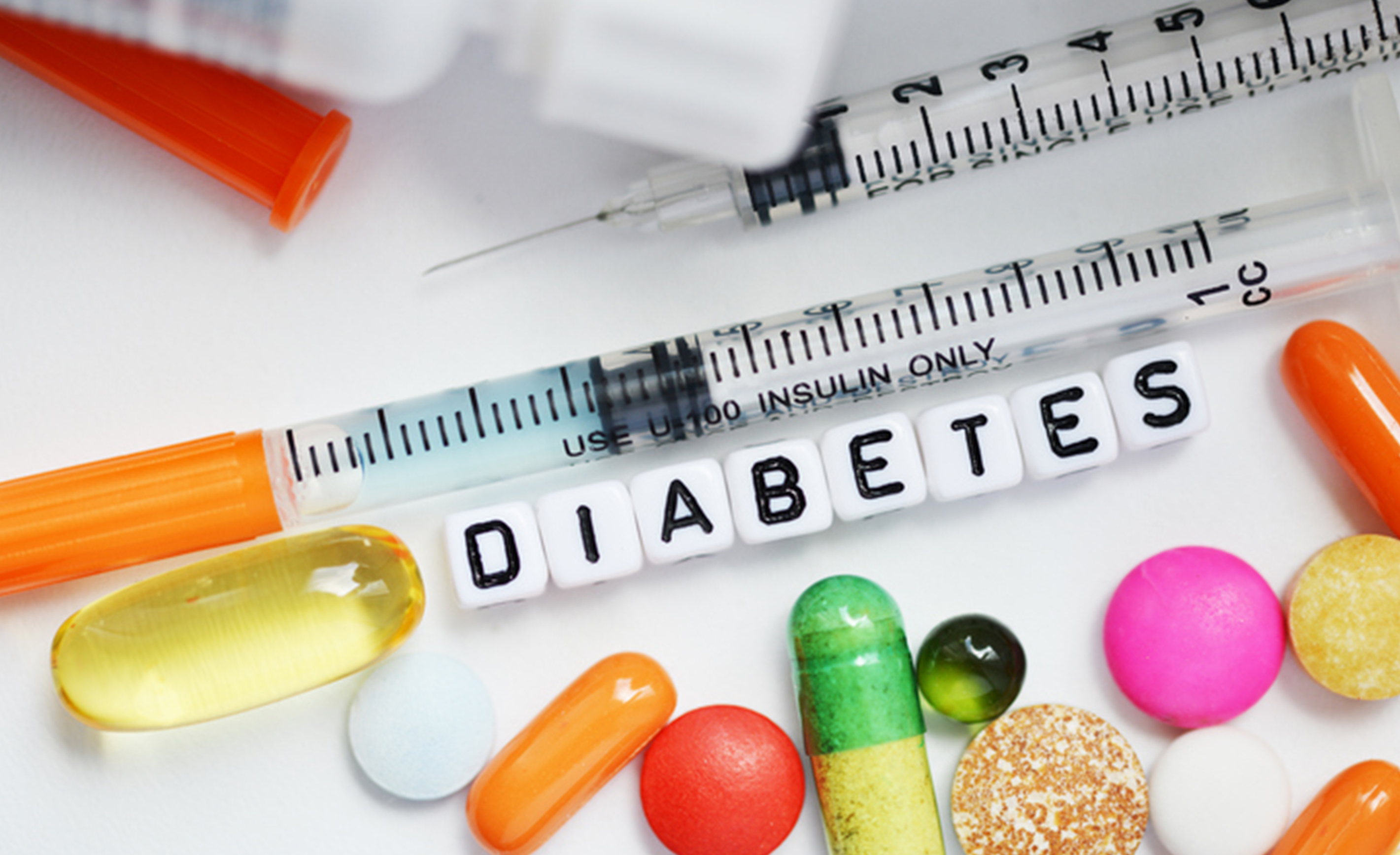What are the health benefits of dark chocolate?
We’ve probably all heard that dark chocolate can provides some health benefits, but does it really? Fortunately, yes! This lovely treat provides lots of sweet benefits along with its sweet taste. Of course, like all other treats and food, it’s important to remember to consume things in moderation. Eating bars of dark chocolate every day isn’t going to solve all our health issues, but it’s satisfying to know this delicious treat can provide us with some health benefits.
So, what is dark chocolate? Chocolate’s darkness is decided by the proportion of cocoa solids, cocoa butter and sugar. Dark chocolate possesses anywhere between 50-90 percent of cocoa solids, whereas milk chocolate contains between 10-50 percent cocoa solids.
Health Benefits of Dark Chocolate:
Dark Cholate is a Powerful Source of Antioxidants:
Cocoa and dark chocolate have a wide variety of powerful antioxidants. Dark chocolate is packed with organic compounds that function as antioxidants. These include polyphenols, flavanols and catechins. In fact, raw, unprocessed cocoa beans are among the highest scored for antioxidant properties. Antioxidants neutralize free radicals to help prevent oxidative stress that can damage cells and tissues in the body. Dark chocolate has up to 2-3 times more flavanol-rich cocoa solids compared to milk chocolate.
Dark Chocolate Is Actually Nutritious:
Dark chocolate with a high cocoa content is actually relatively nutritious, and the higher the percentage of cocoa solids, the greater the benefits as well. Quality dark chocolate is rich in fiber, iron, magnesium, copper, manganese, zinc, phosphorus, among a few other minerals. The fat content is also mostly saturated and monounsaturated, with small amounts of polyunsaturated fat.
Dark Chocolate May improve cognitive function, mood, alleviate stress:
Including dark chocolate in our diet may help with our mood and make us happy, not only because of its amazing flavor, but because dark chocolate helps increase serotonin, our feel-good neurotransmitter. It also stimulates the production of endorphins to increase our feeling of happiness and pleasure.
Cocoa can support brain function by improving blood flow to the brain and possibly help improve cognitive function, especially in elderly people struggling with mental impairment. Cocoa also contains stimulant substances like caffeine and theobromine, another reason why it may improve short-term brain function.
Dark Chocolate Supports Heart health:
Consuming dark chocolate may help reduce the risk of heart disease; studies have found that cocoa powder increased HDL (good cholesterol) and lowered total LDL (bad cholesterol) for those with elevated levels. The wealth of powerful antioxidants within dark chocolate protect lipoproteins from becoming damaged by oxidative stress. Dark chocolate can also help decrease insulin resistance, another common risk factor for many other diseases, including diabetes.
Dark Chocolate can Lower blood pressure:
Dark chocolate may also improve blood flow and lower blood pressure: the bioactive compounds have been found to help support blood flow in the arteries and decrease blood pressure. The flavanols, in dark chocolate function to also stimulate the endothelium and send signals to the arteries to relax and help lower blood pressure.
Looking for other ways to support your health and wellness goals? We can help make it easy and personal! Take our free 5-minute assessment to get custom-tailored recommendations based on your health, diet, goals, and prescription medications. Get your personalized recommendations.











